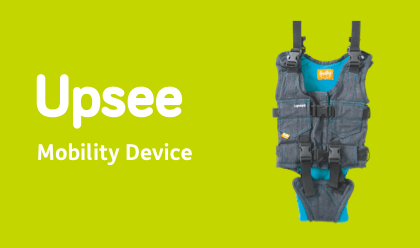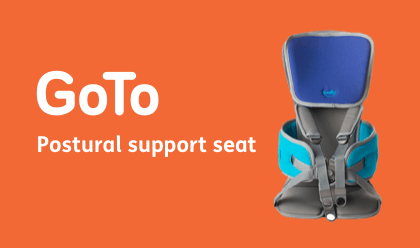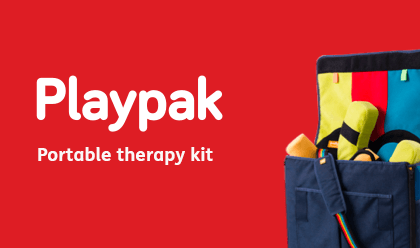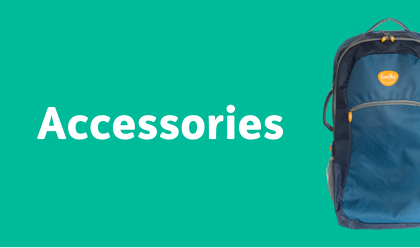Finding a Rare Disease Family
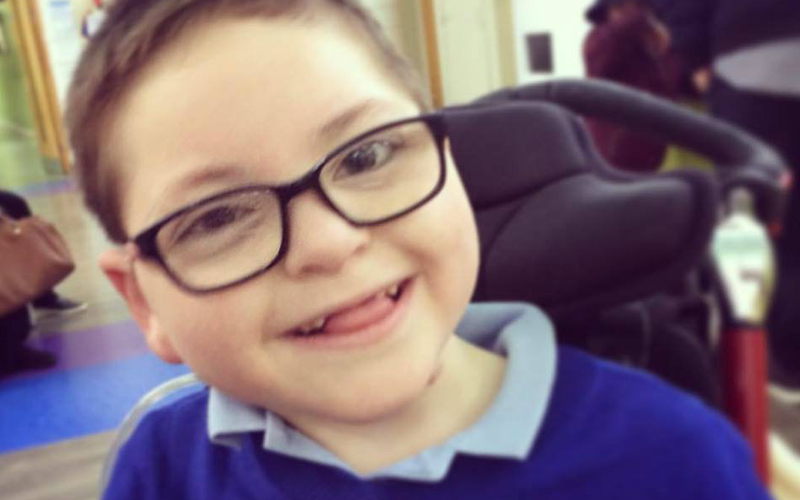
disease:
NOUN
A disorder of structure or function in a human, animal, or plant, especially one that produces specific symptoms or that affects a specific location and is not simply a direct result of physical injury.
(Oxford English Dictionary)
When I was pregnant with my second child, I had a condition called polydramnios, which meant I had too much amniotic fluid.
My skin was incredibly sore and stretched trying contain the enormous bump and I looked utterly ridiculous at just over 5ft with this gargantuan ball for a belly.
I developed gestational diabetes (as I had with my first) and, despite my best efforts to control them with diet, my blood sugars were unpredictable. As a result, I was closely monitored and had regular scans.
The doctors decided to run some tests on account of the uncontrollable blood sugars and the excess fluid to rule out some possible causes, including infection and foetal abnormalities.
Tests for infection proved negative and I was told there was nothing wrong with the baby – scans had ruled out swallowing difficulties and chromosomal abnormalities apparently.
I breathed a sigh of relief. My baby was fine. (And I began injecting insulin for the erratic blood sugars).
A few weeks later my beautiful son, Hugh, was born, weighing in at 6lb 7oz, thankfully unaffected by the unreliable blood sugars.
Following a 9-day stint in the neo-natal unit for pneumonia, he was discharged as a healthy, typical baby.
Yet, it wasn’t long before I began to have doubts about this ‘typical’, ‘healthy’ boy. There was just 14 months between him and my first born and the differences between them were stark.
Despite others trying to allay my fears with reminders that all babies are different, there was a growing disquiet within me. I knew, deep down, that something wasn’t quite right.
Yet, never in a million years, did I suspect he had a rare disease.
I’m not sure what I thought the doctors were looking for when they began testing him.
He was 6 months old, by now fairly obviously delayed in his development, and with a head circumference that was dropping off the growth charts. He was sent for x-rays and blood tests and an MRI.
My initial unrest became full blown panic as I realised I was no longer the only one that thought there was something ‘wrong’ with my child.
However, in amongst all my worries and fears, I never considered he might have a rare disease.
I never considered he might have any sort of disease.
Maybe the word as commonly used, doesn’t quite match the dictionary definition.
Disease.
It makes me think of something that would make you itch; Measles, or Chicken Pox. It sounds like something you can catch from someone else.
Technically though – as the definition above points out – it’s simply a disorder that produces specific symptoms. And a rare disease, obviously, is one that doesn’t occur very often.
Hugh’s symptoms were microcephaly – a smaller than average head circumference, hypotonia – low muscle tone, i.e. a bit floppy, reflux, visual impairment and feeding difficulties. He later developed epilepsy.
When he was around 7 months old, the blood tests led us to discover that Hugh had a chromosome abnormality. It wasn’t straightforward so didn’t lead to a diagnosis as such.
But we did know his condition was genetic and we knew he couldn’t outgrow it. Hugh had a disease so rare it was yet to be diagnosed. Apart from that, we knew very little else.
I didn’t know then, that not having a diagnosis was an actual ‘thing’. I genuinely thought we were alone in the world, having an undiagnosed child.
Which is ridiculous since approximately 6,000 children are born every year in the UK with a condition (or disease) so rare that it is undiagnosed. But no one thought to mention that point to us.
We felt isolated and scared. Without a diagnosis, I felt unable to reach out to the local support groups which seemed geared towards specific conditions.
We didn’t fit anywhere. I didn’t know where we belonged.
Thankfully, shortly after Hugh turned 1, I found SWAN UK, the only group supporting families of undiagnosed children.
Things started to fall into place then. I finally found others with children, like Hugh, who were still searching for their diagnosis.
I realised we weren’t alone at all and I made friends with other families and had people to turn to for the advice and support and information I’d been craving.
To be classed as a rare disease (in Europe), a condition needs to affect less than 1 person in every 2000.
However, there are between 6,000 and 8,000 known rare diseases and 7% of the population will be affected by a rare disease at some point in their lives.
That is equal to 3.5 million people in the UK or 30 million people across Europe.
Rare diseases aren’t actually that rare at all. Individually they’re rare, but collectively they’re quite common.
That’s a much less isolating position to be in.
Hugh has very recently had a diagnosis. It is a rare disease affecting at least 350 people worldwide, with new cases still being diagnosed.
It’s called FOXG1 syndrome and explains all of his symptoms and lots of the little quirks that make him Hugh.
There’s an online community of families across the globe each with this same rare disease as Hugh. I’ve just started reaching out and I’m finding support and information here too.
We spent over 7 years searching for the elusive diagnosis and, to be honest, it’s quite a relief to get one; to finally know the cause of Hugh’s difficulties.
However, with so few people diagnosed with FOXG1 syndrome, we’re still very much part of the rare disease family.
© www.LittleMamaMurphy.co.uk

